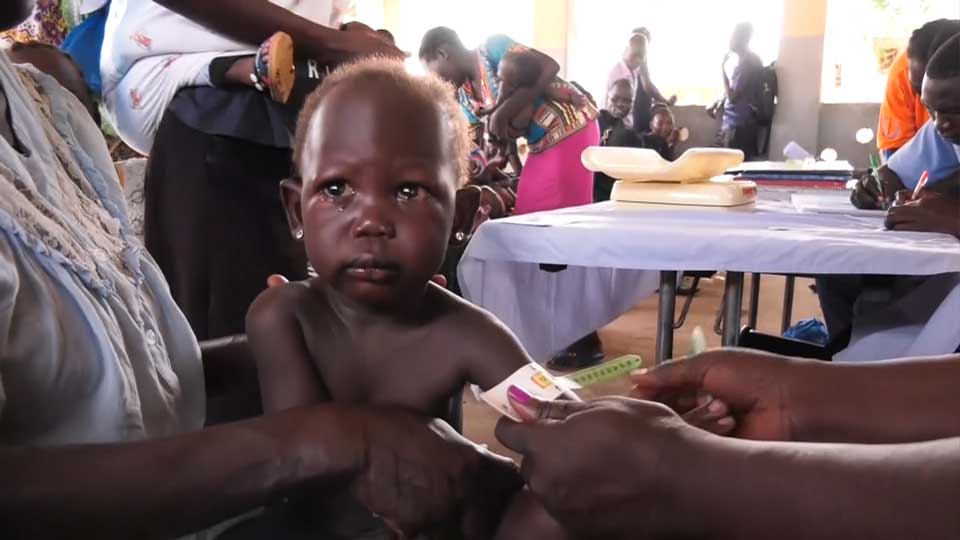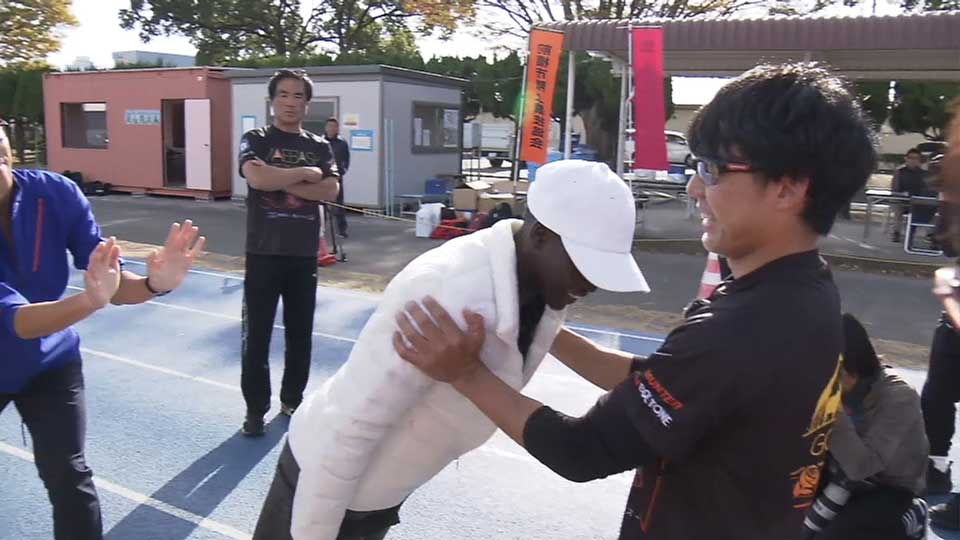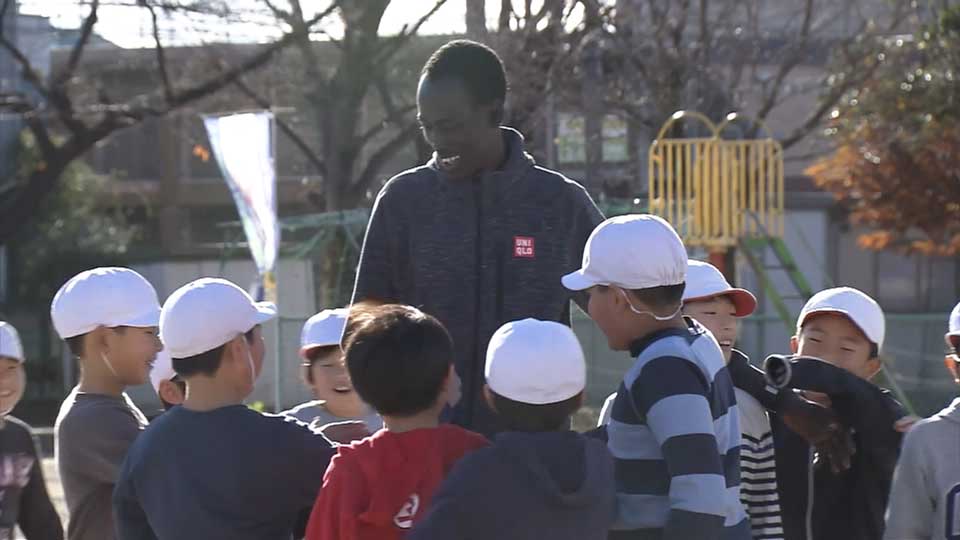Preparations entering the final stage

Tokyo's brand new national stadium will be the centerpiece of the Games this summer. It has already been put to use for the annual Emperor's Cup soccer tournament on New Year's Day.
Workers are adding the finishing touches to the Tokyo Aquatics Centre, which will host swimming and diving competitions. And nearby, the city's newest selfie hotspot is a bridge that looks onto Tokyo's new 15-meter high Olympic rings.

Challenges to organize the event
Many of the venues are clustered together in one area by the bay. More than 150,000 people are expected to head there each day, and the question for city officials and Olympic organizers is how to handle them all.

They say they are planning to set up shops selling official goods and build places for visitors to watch athletes practice.
Companies are being asked to let their staff work from home during the games to help reduce congestion. And train operators in the Tokyo metropolitan area recently announced they would extend their schedules by up to two hours during the Games.

Health concerns are also top of mind in the wake of the recent virus outbreak. With so many of the events concentrated in central Tokyo, officials are urging people to wear masks and regularly wash their hands.

Organizers have also been grappling with how to help athletes and spectators cope with the extreme heat forecast for this summer. Last year, Olympic organizers surprised many by announcing that the marathon would be moving to the northern city of Sapporo.

While the actual Games will be centered in and around Tokyo, the rest of the country is playing a part. The 5,000 medals that will be handed out are made from recycled electronics collected from across Japan.
And the Olympic flame will be carried through all 47 prefectures by more than 10,000 runners.
One nation's team has already moved to Japan. South Sudan's Olympic and Paralympic track and field team flew in last November to set up camp.

Olympics for the peace and harmony
South Sudan is one of the world's youngest countries. It was established in 2011 after gaining independence from the Republic of the Sudan. But the country has been mired in violence and political conflict since then. More than four million people have been displaced, with many seeking refuge in neighboring countries.

The unrest created a difficult environment for the Olympic hopefuls. The athletes lacked proper equipment, facilities and food. After hearing about the situation, officials in Maebashi, the official host city for South Sudan, invited the athletes to come early.
There's been an outpouring of support from the local community. Volunteers are serving as interpreters and selling T-shirts as part of a grassroots fundraising effort.
It was designed by a local artist and fuses Japanese and Sudanese culture.

Mizuki Obuchi supports the team as a volunteer coach. He's also aiming to represent Japan in the 400 meters at the Tokyo Games. He says the athletes are people who had the strength to reach this level despite living in a conflict zone.
The team has already become a fixture in the community, visiting schools and attending local events.

South Sudanese cabinet minister Yien Oral Lam Tut has been following their training closely and says he wants to thank people in Maebashi for all they're doing to support the athletes.
The team will stay here in Maebashi until July when they head to the athlete's village. They're hoping for great results at the Olympics, of course, but their measure for success extends far beyond the track.




